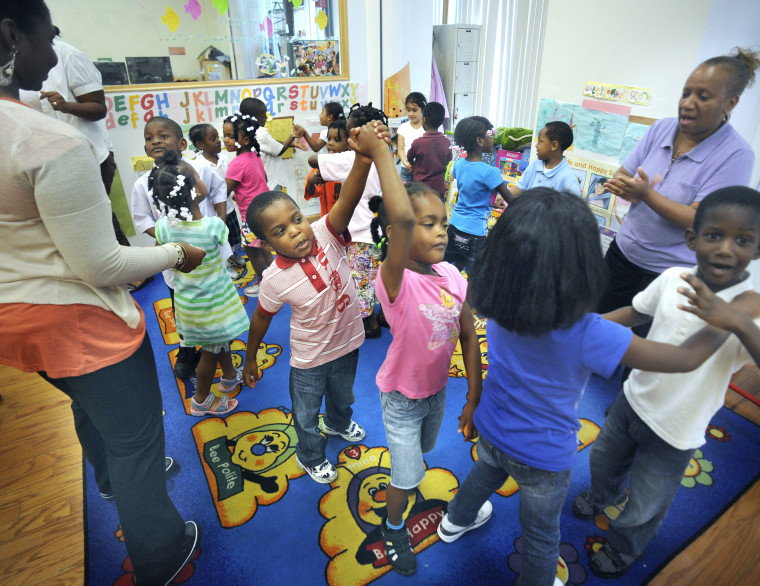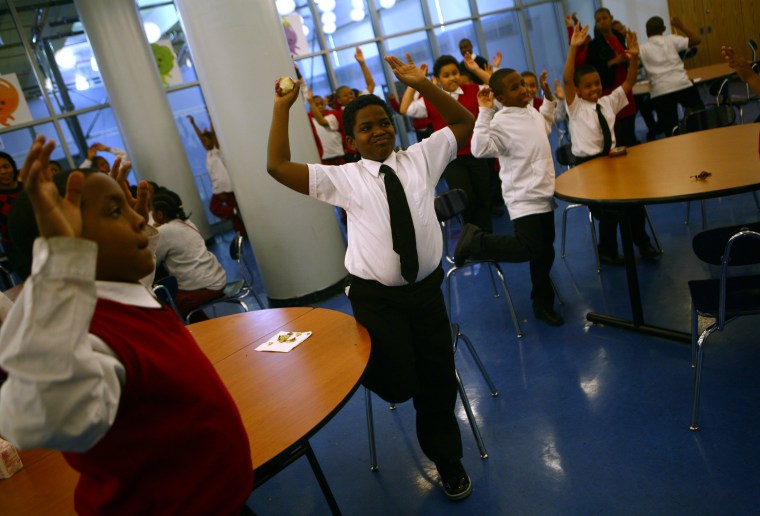We need more people that unequivocally, without a doubt, love Black people. When you love Black people, you get obsessed about the work of elevating Black people. And nothing is going to change in this country until we have that critical mass of obsessed people. I believe we are approaching that tipping point.
I lead the national Campaign for Black Male Achievement. The campaign is a philanthropic strategy to improve the life outcomes for Black men and boys—a national movement to change the frame around how Black men and boys are perceived, how we value them, and how we invest in them. This is my life’s work.
People will say we need to close the achievement gap, the education gap. This is true. But, to do so, we’ve got to close the belief gap—that’s the self-belief Black males themselves have in their own worth, their own potential. It’s also the belief society has in Black males. #BlackMenLove
Be willing to be vulnerable. Mentors can’t help you if they don’t know what’s really going on.
I can’t emphasize how important mentoring is for changing the game for Black males. Mentoring, for me, is about that combination of instilling confidence and being nurturing. It’s about revealing one’s own vulnerabilities and failures as a basis for establishing genuine rapport with young people. So let me reveal mine.
I’m a native New Yorker—I’ve lived in all of the boroughs except Staten Island. I was born in 1962 to Deanna Cameron and Bernard Dove, two dancers. They were never married and never lived together, so I don’t have a memory of ever saying, “Good morning, Dad.” My mother abandoned her artistic career and got a job in the federal government so she could support me. She worked in that role for thirty years.
Of course, the road was rocky at times, and my choices as a young person were often wrong. I started selling loose joints on the corner of 80th and Amsterdam when I was in middle school, just to make some money. My pitch was “Pass me by and you won’t get high.”
I wasn’t just selling weed, I was using weed, and drinking alcohol too. Eventually, I graduated to cocaine in my late adolescence.

I didn’t know it but a turning point in my life happened when some friends introduced me to John Simon and the center he ran called The DOME Project (Development of Opportunities for Meaningful Education).
John exuded the self-assuredness and confidence we associate with the masculine ideal but also that warm, loving, nurturing side that is so important to helping young people feel supported.
One day he pulled me aside. I thought he was not aware of my extra-curricular activities at the corner of Eightieth and Amsterdam, but he was. “You have potential, Shawn,” he said. “You can do something in life if you spend more time at The DOME and less time on the corner.”
Mentoring, for me, is about that combination of instilling confidence and being nurturing. It’s about revealing one’s own vulnerabilities and failures as a basis for establishing genuine rapport with young people.
I began spending a lot more time there, and eventually I started youth organizing with The DOME. John helped me get a prep school scholarship to Lawrence Academy in Massachusetts, and twelve years later, at age twenty-four, I came back to work as The DOME’s executive director – but I was still secretly struggling with drug addiction. So in 1989, I made the most transformational decision in my life thus far: I resigned, sought treatment, and I have been clean ever since.
Since then, I’ve dedicated myself to my calling in youth development, education reform, and community building. In 1990, I joined the Harlem Children’s Zone and worked for a decade with Geoffrey Canada. In 2006, I began a newspaper for Black fathers called Proud Poppa which told the stories of Black fathers across this country who are heroes to their families and communities. We need to see those shining examples that we can all aspire to emulate. #BlackMenLove
My message to young people remains the same. First, we’ve got to be resilient. Life is going to deal us challenges and we have got to be able to bounce back. Second, be willing to be vulnerable. Mentors can’t help you if they don’t know what’s really going on. And third, really have a vision for your life that is not limited by your current circumstances. Allow yourself to dream, think about new ideas and possibilities, confront your fears, capture them in a journal, and ask people to help you to realize them fully.
This article was adapted from “REACH: 40 Black Men Speak on Living, Leading & Succeeding.” shared in partnership with BMe Community’s #BlackMenLove to remind readers of who, what, and how deeply BlackMenLove during Black Family Month. BMe is a growing network of all races and genders committed to building better communities across the U.S. Share this letter and read more at www.BMeCommunity.org. #BlackMenLove #ReachWithUs email: BlackMenLove@BMeCommunity.org.

